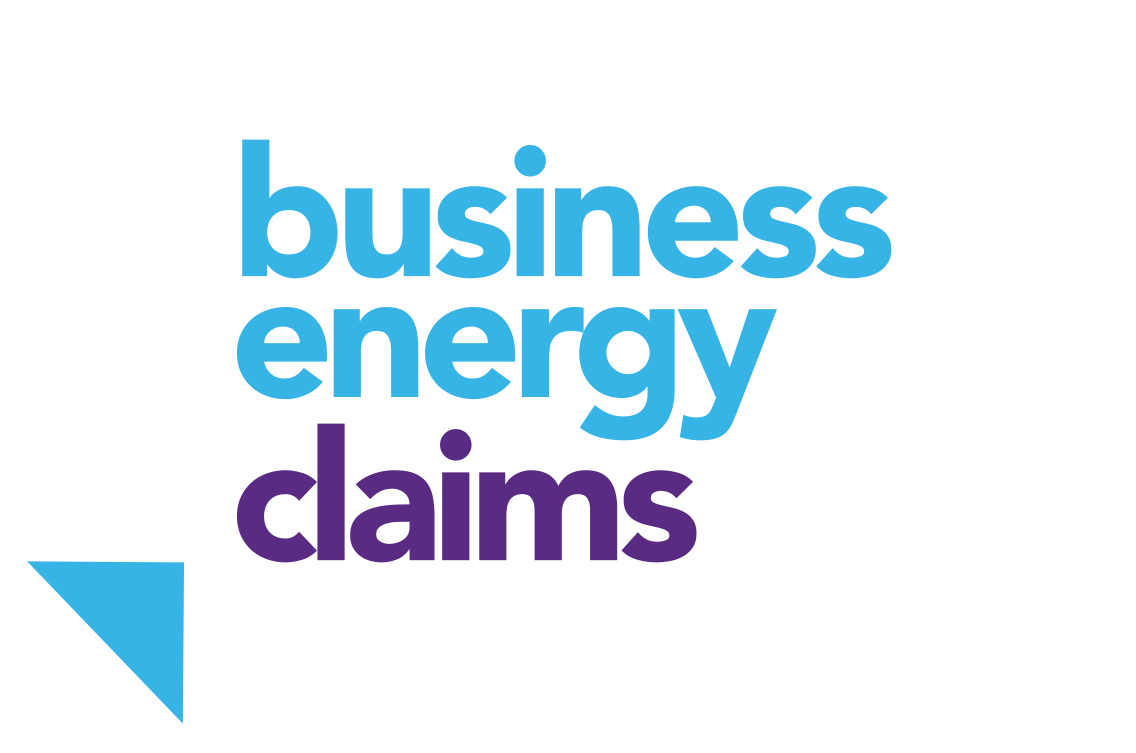Interviewer: On the Prime Minister’s plans to help families and businesses cope with the rising cost of energy.
We can speak to Callum Thompson now. Who is the Director of Business Energy Claims.
A very warm welcome to you.Thank you for joining us today. Now, I understand you’re representing businesses that can afford their energy bills at the moment. Tell us about your work. What are you up to?
Callum: Yeah, that’s right. We’re representing business customers who have been mis-sold by primarily energy brokers. So we believe that the commercial energy market is quite fragmented, it’s heavily intermediated, and you’ve got this multi-billion pound issue relating to, as I said, miss-selling undisclosed fees. And of course, the events over the last sort of nine to twelve months have been compounding that based on the energy price increases.
Interviewer: So tell us about the sort of struggles that you’re hearing from businesses at the moment.
Callum: Well, certainly those that weren’t fortunate enough to agree on contracts before this crisis. So sort of summer of last year, many of those are at real risk of going out of business and many of them are commenting as such already. So, for context, around about twelve months ago, you were looking at rates for electricity of 14p to 17p per kilowatt hour. Now you’re looking at, in some instances, around £1 per kilowatt hour. For gas, you’re looking at around 2p to 3p, but now you’re looking at around 30p or up to 30p per kilowatt hour. So many multiples of what was previously being paid. So there are some that are fortunate enough to have tied in prior to this crisis. But unlike, of course, the domestic market, where there are price caps and of course, that’s going to be topical today, that hasn’t been applicable for businesses, so there’s much less protection for them. And the suppliers have been able to pass on those charges, which, as I said, has resulted in many talking about business closures, closing their businesses in a matter of weeks and months.
Interviewer: And for context, you’ve talked about the price changing. What does that mean in terms of people’s bills? What were they paying and what are they paying now? There must be a few examples that you have in terms of just how stark it is for some businesses.
Callum: Yeah, and I mean, I could quote many, but for example, there is a small business, and by the way, this isn’t obviously applicable only to small businesses. Larger businesses aren’t exempt from this, but a small business that was spending £70 per month is now looking at £600 per month. Restaurants, for example, were paying 3p, now they’re looking at 28p. They are querying whether or not to put their prices up, but are concerned about the effect that might have on trade. So it’s many multiples as I say, there’s been an element of protection for us at home because of the price cap, but that hasn’t existed in the business world, which subsequent to that as many multiples of their prior spend.
Interviewer: Now, obviously, we are awaiting this announcement from Liz Truss later this morning on how she plans to help households and businesses. What do you want to hear in terms of how businesses should be helped?
Callum: Well, I mean, we’ve been quite consistent in saying that for a number of months now, there should be the implementation of some sort of price cap for businesses. As I’ve said, there is one that exists, of course, with us at home. We believe there should be greater protections for businesses. There’s been a little bit of neglect in that regard and as I say, the market generally is fragmented anyway. It’s not as simple, I don’t think there’s one single straightforward solution to this. I think that there’s a compilation of things, but as I said, the implementation of a price cap and the ideal, it’s going to be interesting to see what’s revealed in that regard. The supplier profits as well I think they could be better controlled in the domestic world. The price cap is roughly equivalent to 2% of their profits, but that, again, does not apply with businesses. So we’d like to see greater controls in that regard and the producers themselves, of course, who are recording sort of record profits. And also it might be interesting to have a look at the composition and the makeup of the bill as well because it’s not all down to wholesale or commodity charges. There are non-commodity charges as well around GreenLevies and our targets relating to net zero 2050. So perhaps we could pause that. We’re obviously in a bit of an emergency situation at the moment, so perhaps for the short term, we could look at pausing those or reducing those because for businesses, for example, the climate change levy renewables obligation and feeding tariffs, they’re accountable for between 5% and 10% of the client’s bill. So I think there are a number of things that could be done to address this and it will be interesting to see how it unfolds.
Interviewer: Okay, Callum Thompson, we wish you all the best and do speak to us again once this announcement has been made and we’d like an update on the businesses and how they’re doing. Thank you very much.
Callum: Thank you.
